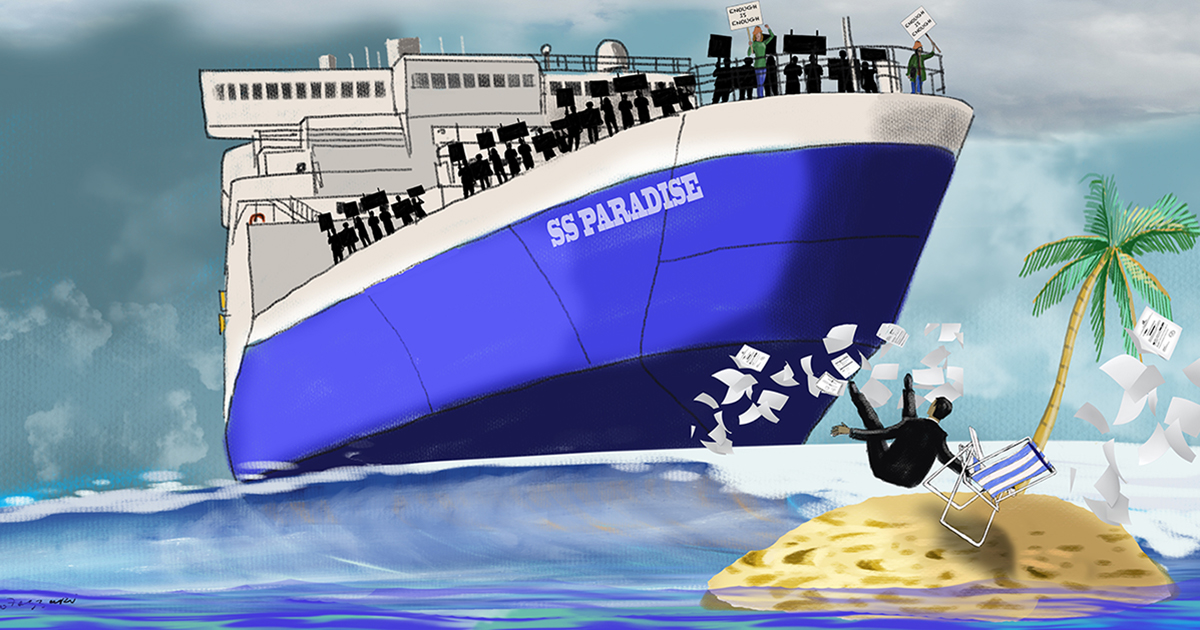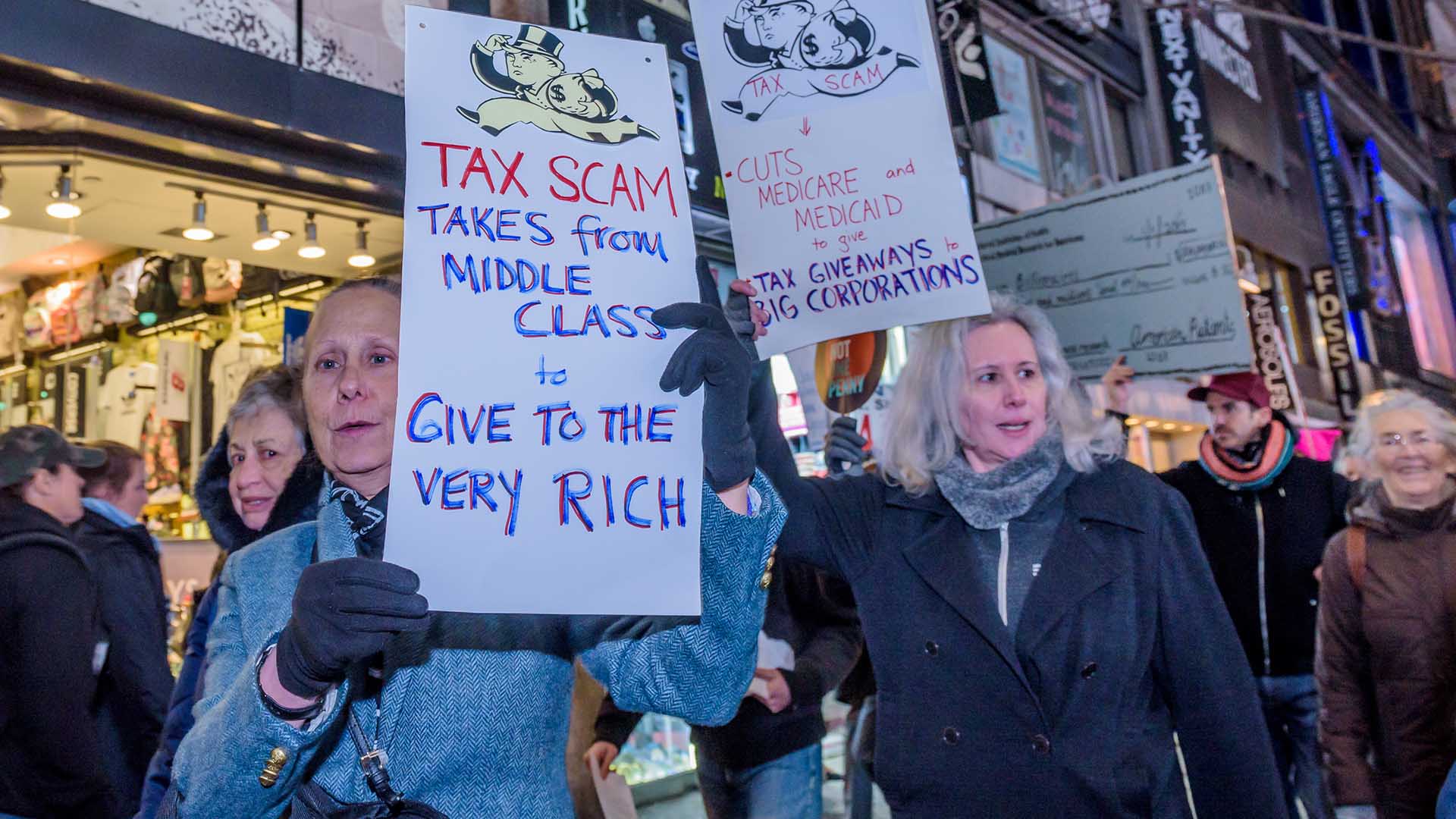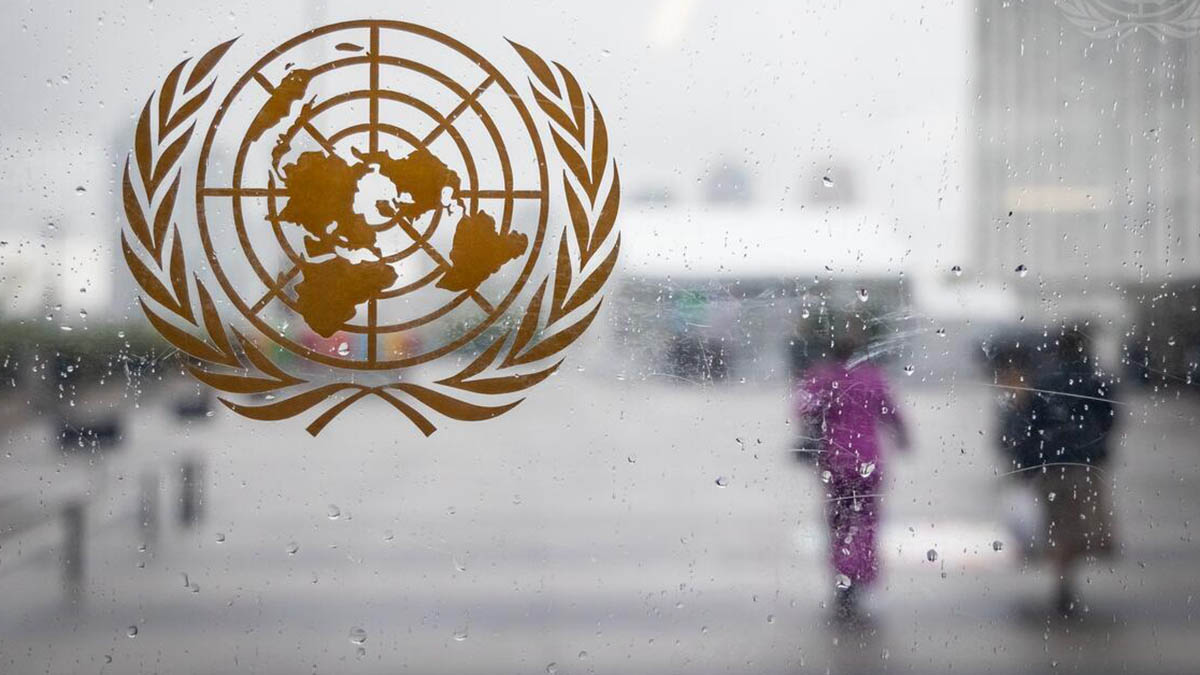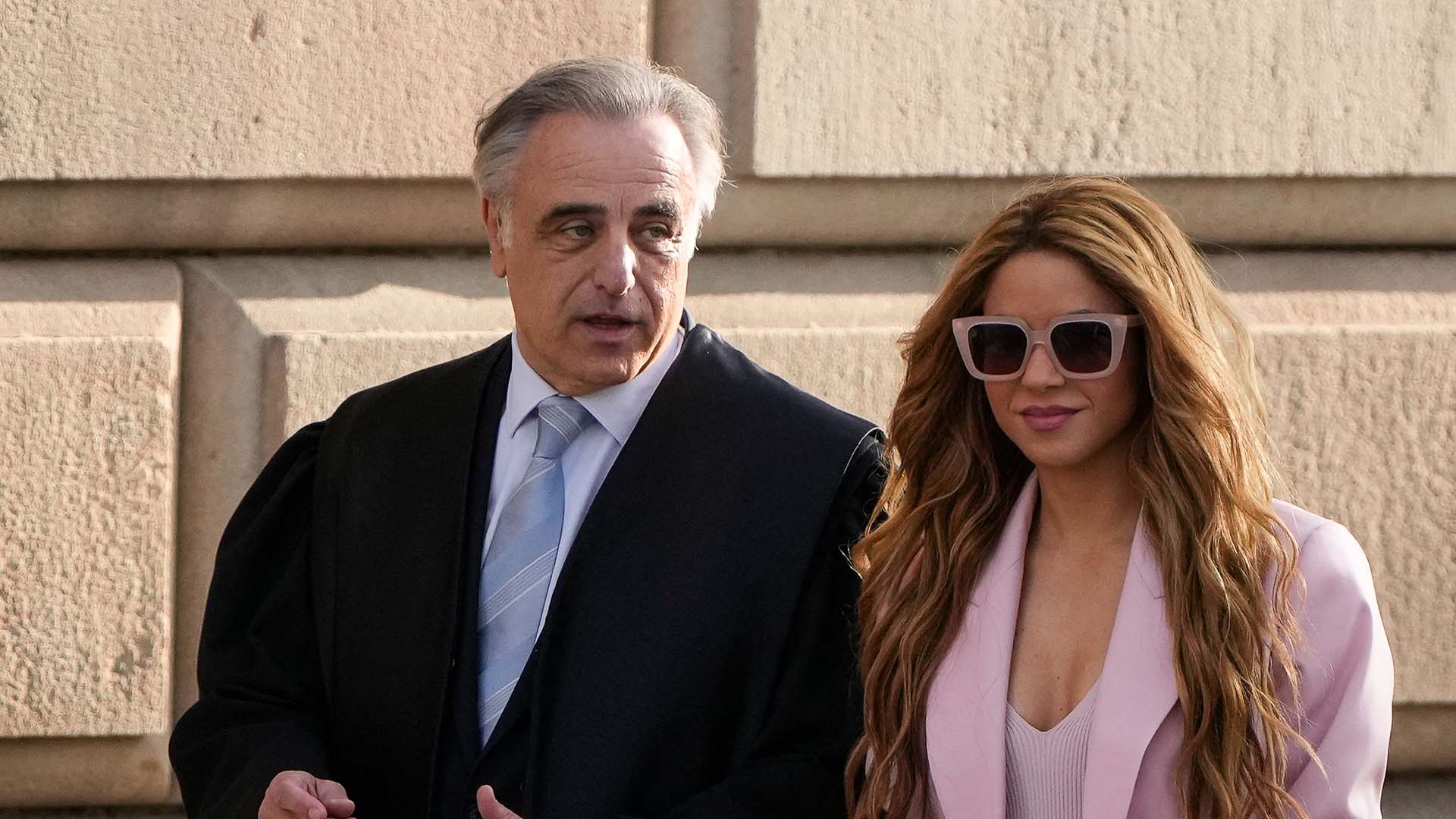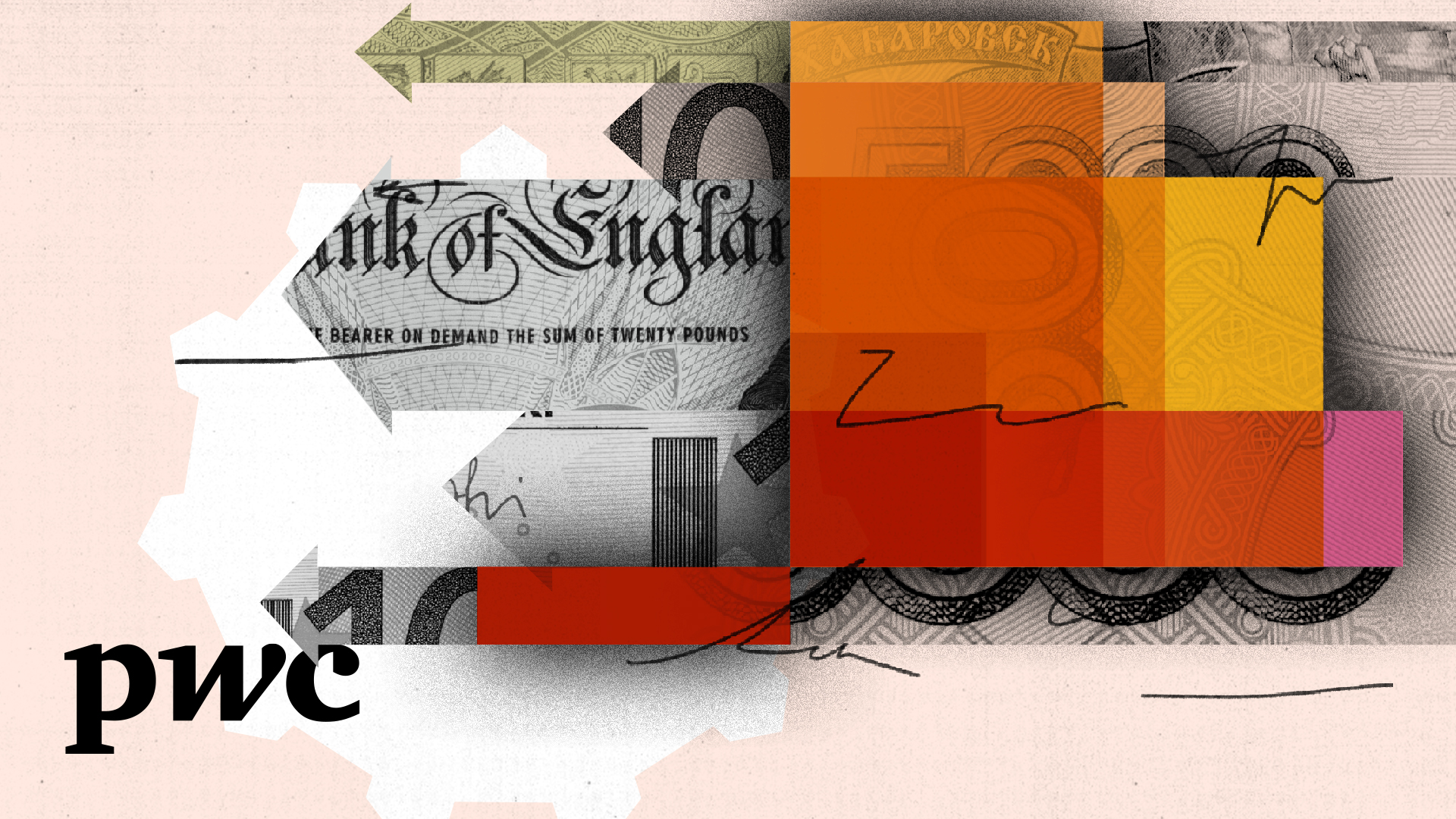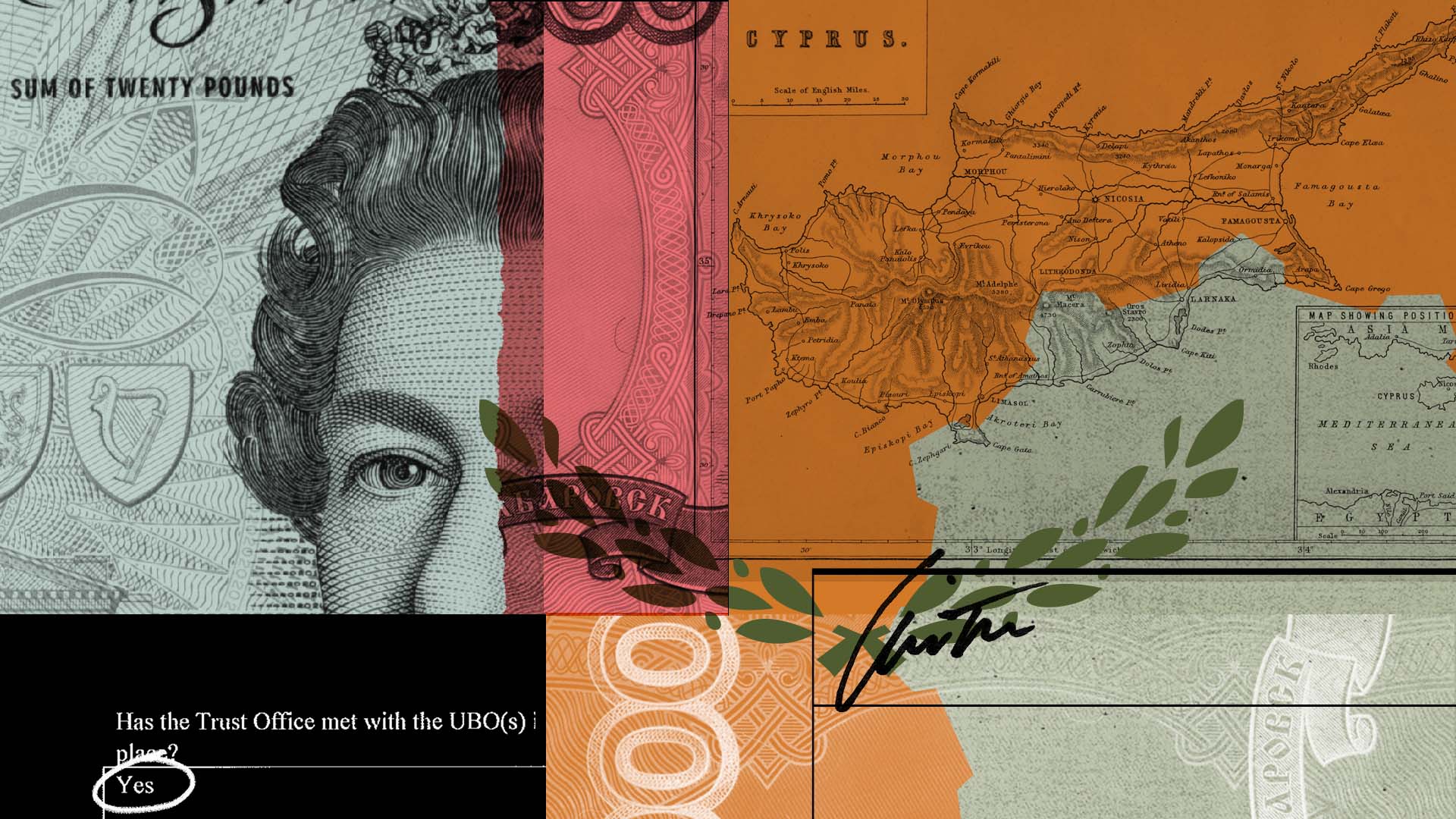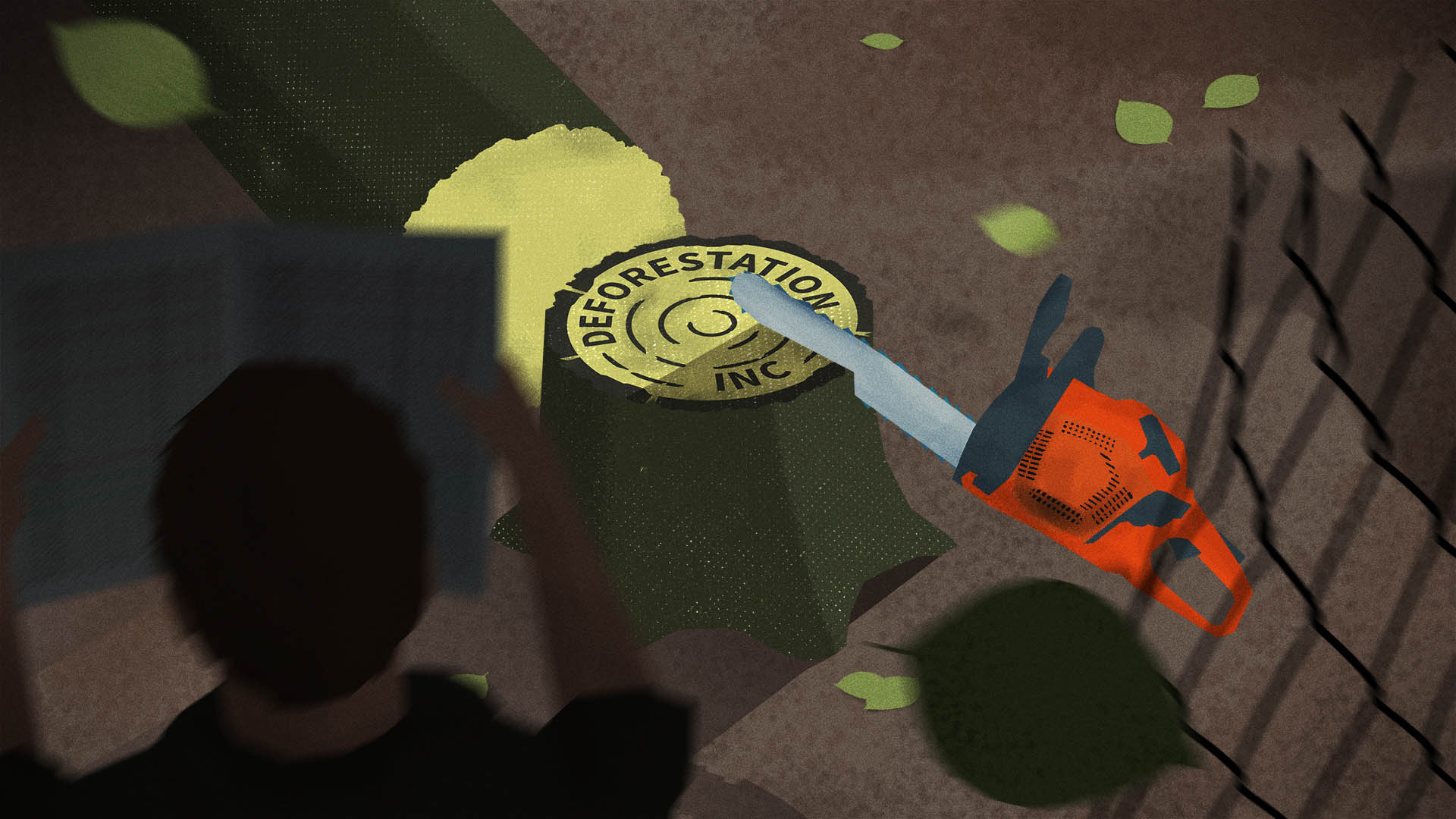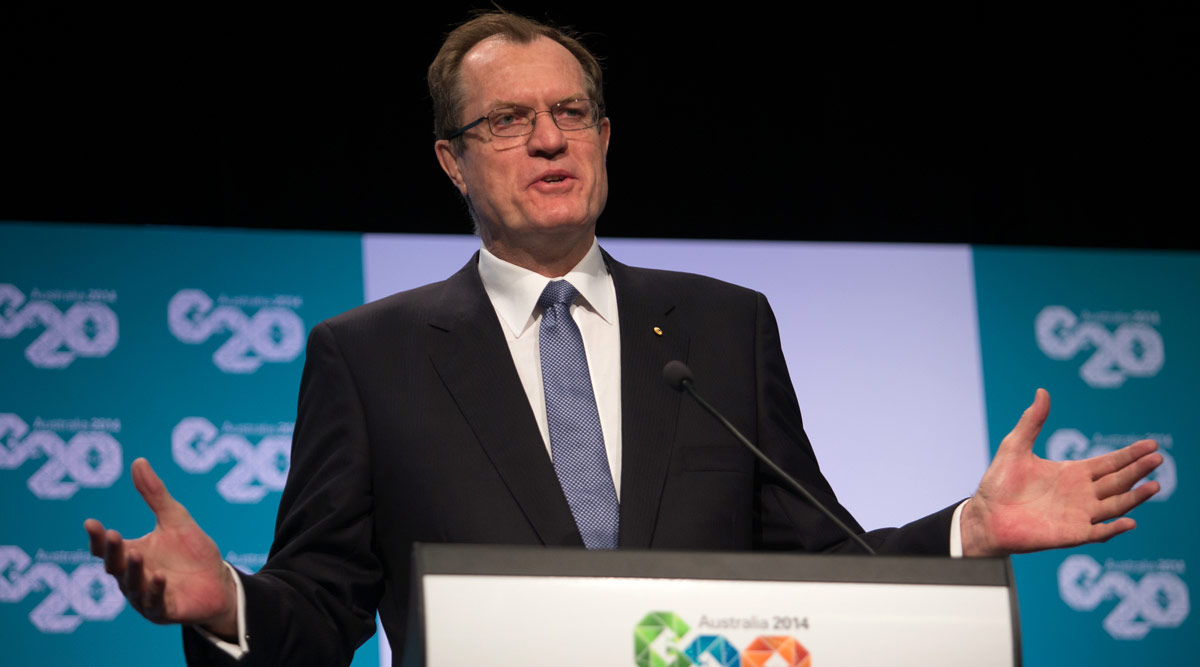
Last year, Will Fitzgibbon spoke with Chris Jordan, the Australian tax official leading the coordinated global response of Organization of Economic Cooperation and Development (OECD) nations to the Paradise Papers. Jordan, the commissioner of the Australian Tax Office, also heads the Joint International Tax Shelter Information and Collaboration (JITSIC) Network, a group of tax officials from more than 30 countries.
JITSIC members met for an emergency meeting in Paris three days after the 2016 Panama Papers investigation was unveiled. In late 2017, they met again – this time remotely – to discuss the Paradise Papers.
Joining Chris Jordan in this conversation was Mark Konza, the Australian Tax Office’s international deputy commissioner who is the ATO’s liaison with JITSIC.
ICIJ’s Will Fitzgibbon: In November 2017, you announced an investigation following from the Paradise Papers that seeks to determine what audits, tax penalties or criminal charges might be warranted. How long will it take to see results, if any, from that?
“There’s a tremendous lag that is unavoidable in these matters,” Jordan said, pointing to an Australian investigation that took five years to conclude but led to almost $1 billion in recouped money and 46 convictions.
Jordan said that investigation, known as Project Wickenby, taught him that “it’s a mistake to write things off before investigations have been allowed to run their course.”
“It took a long time to investigate that data and those schemes. Everyone said there was nothing in it and that we were oppressive and wrongly investigating matters.”
“[We tend] to be attacked by people who are being influenced by those who don’t want investigations to proceed,” he said.
When it comes to the Paradise Papers, Jordan said, “we have to be clear and honest with the community. “You don’t want to be prejudicing people, you have to build proper criminal cases. We think the Paradise Papers will necessarily take time for their value.”
“The way these things work is that, after about 5 years, the community turns around says, ‘ah.’”
WF: What were your first impressions of the Paradise Papers?
“The Paradise Papers, from an initial glance, seem to be more focussed on the corporate level,” said Mark Konza. “The Panama Papers were a bit more at the individual level.”
“At the corporate level, you don’t just get people hiding money… you [find] them engaging in arrangements that they think are within the law.”
“It’s material we haven’t previously had access to, so it’s very exciting to see background communications and primary documents.”
“The big thing about this is that you look at emails, and you get to look at the real purpose,” said Jordan.
“I’ve seen an email where some of the lawyers are complaining about a large corporation.”
“And they say, ‘up to their old tricks’ and ask to backdate proxy nominations. That could be quite interesting to revenue authorities if it looks perfectly legal but if things weren’t signed when they said they were.”
WF: So what are the ATO’s next steps?
“What we do is go through the database, we identify all the taxpayers that might be affected,” Jordan said.
“If it’s a larger company, we might already have a team that has been working on the company for some years. The team goes through it, assesses the data. If it’s individual taxpayers who don’t have teams.”
“It’s not just a tax issue, it’s a serious financial crime issue.”
“It really hit home to everyone, and us at the tax authorities, that we need to focus on the prime players and how do we disrupt them. Where are the big players that are putting this all together? In some ways, Mossack Fonseca and Appleby [the offshore law firms] are just putting the companies together.”
WF: The Paradise Papers are complicated. Some documents are more than 100 pages long. How do you understand what is really going on?
Tax advisers, known as intermediaries, create these complex schemes on purpose, Jordan said.
Many times, multinational companies and their advisers will come into the Australian Tax Office to dispute a tax decision.
“Advisers put the spaghetti diagram up, present you with a series of reports, and they flop all this on the table and say, ‘who are you to challenge these experts?’”
WF: And how do you respond?
“What we did is faithfully go through the reports, page by page, looking through the technical analysis.”
“Often it’s a mistake to get dragged into the spaghetti.”
“They want you to play on their turf. Often, what we do, is look at the economic outcome in Australia. What was the true profit earned here, and has the tax been paid on that? It’s better to stand back and say, ‘What are they really making in Australia?’”
Put differently, Jordan said, the company’s tax advisers – whom Jordan calls the “story tellers” – “delivered the fairy tale.”
“These experts have been writing stories for so long they are starting to believe their own fairy tales. Some of these emails give us some insights into that. They’re talking about putting the story together.”
Jordan gave the hypothetical example of a company that wants to pay a tax of five percent on its revenue.
The advisers then ask, in effect, “‘How can we work back from that to effectively create a story that justifies that [5 percent] as an end result?’ They’re starting with something they think is acceptable, then they get the transfer pricing experts in, and justify that.”
“We don’t want to get sucked into that…We tell our staff, you’ve got to get in behind the PowerPoint presentation, because the PowerPoint is just the story.”
Leaks like the Paradise Papers, which contain emails from clients to lawyers about the real purpose behind creating an offshore company, can give insights into how those stories are put together, Jordan said.
WF: What does the response to the Paradise Papers look like behind the scenes?
Some of the groundwork had been set by the Joint International Tax Shelter Information and Collaboration response to the Panama Papers in April 2016, Konza said. JITSIC is now a network where tax officials know one another personally and can jump on the phone more easily than ever, he said.
The Paradise Papers give governments the push to bring on some new laws, some new powers, some new funding. The community has a strong sentiment of outrage.
Within three days after the Panama Papers, more than 30 of JITSIC members met in Paris, going around the room to say what they knew or didn’t know about the leak of documents from Mossack Fonseca, a Panama-founded law firm.
“After the Panama Papers,” said Konza, “we realized we needed to have a rapid response protocol. I couldn’t just drop everything and go to Paris.”
“When the Paradise Papers broke, we called a meeting of the advisory group [which involved several 1 a.m. meetings for Konza to accommodate other time zones] to brief all the members.”
Every country that had slices of data started to analyze them, Konza said, and talk to one another about what they were seeing. Many countries didn’t have the capacity for data analysis themselves, Konza said, so one advantage of JITSIC is that countries can join in and learn from each other’s data analysis.
The advisory group has 60 days to tell the entire network what it knows about the data and to recommend a course of action, Konza said.
WF: How does something like the Paradise Papers impact your work?
“The Paradise Papers give governments the push to bring on some new laws, some new powers, some new funding. The community has a strong sentiment of outrage. So governments clearly react to that,” said Jordan.
“One of the enduring benefits of the Panama Papers is that we now have the laws, and we have the government buy-in and commitment to support us.”
In October last year, Jordan revealed to The Australian Financial Review that the ATO had recouped $50 million and was investigating 570 Australians as a result of the Panama Papers.
“The government especially funded us to get to the bottom of corporate tax avoidance. We’ve recruited 250 people, 20 contractors, former partners at accounting firms and law firms, very senior people [to] share their insights and knowledge. It’s been incredible how many people have wanted to give back or perhaps felt uncertain about some of the positions they’ve taken over the years.”
